The Fortaleza industry trip to Tequila has a reputation as one of the most fun ways to explore the agave-spirit focused region just outside of Guadalajara, Jalisco. After experiencing it for myself, I can see why. The trip was packed with educational distillery visits as well as cultural offerings like a visit to local craft brewery Fortuna, the glass blowing factory where their bottles are made, and even some Lucha Libre.
The town of Tequila itself has an amusement park vibe to it, with caricature like buses shaped like chilies, barrels, bottles, and agaves to take drunk and drinking visitors to and fro. Combined with shots starting as early as 9am, it’s a testament to the organizers that the trip remained educationally focused for anyone who wanted it that way. The balance was on the mark, satisfying younger bartenders on the trip who always wanted a beer in hand, as well as some of the other guests who sipped more judiciously during guided tastings and at evening parties.
The group of roughly 75 industry people was a mixed bag; there were 20-something year old industry newbies alongside 50-something year old restaurateurs, and everything in between. Despite the large group (for their Dia De Los Muertos trip they have almost double!), everyone was organized neatly into four groups for staggered distillery visits. The three distilleries visited were Fortaleza, El LLano where they make Arette, and Tequilena, where they produce Don Fulano, Cimarron, and Fuenteseca among others.
The first stop was of course the sprawling grounds of Fortaleza. We enjoyed a hike to the lookout tower amid the agave fields, a guided tasting in the cave, and a walk through the distillery. Billy Erickson, the 6th generation in the family business, was on hand to explain the heritage of Fortaleza; they are the only offshoot of the important Sauza family that still does things the traditional way under family ownership. Other unique points about Fortaleza include that they use 100% valley agaves, and that no other tequila is produced at their distillery, making it a one product NOM.
Our next stop was El LLano to learn about Arette Tequila production with owners Jaime and Lalo Orendain. They make two lines: the classico, and the artisanal. The artisanal tequila is cooked in brick ovens, and the juice is fermented in concrete, whereas the classico is cooked in autoclaves and fermented in steel. Our group was lucky enough to descend on the distillery as they were unloading an oven so people got to participate by throwing agaves into the crusher.
Last but not least was Tequilena, where they were not producing because there was some remodeling taking place. Sergio Mendoza, also with generations in his family business, told the story of how his family came to acquire the large distillery after refusing to succumb to pressures to sell agave below market rate when they were exclusively agave farmers. Rather than cave to the big brands they decided to acquire the means to process their own agaves, so even though the distillery is in the valley of Tequila, all of the agaves still come from the family land in the highlands. Sergio even invited the group into the lab to explain how they use their own stocks of differently aged spirits to blend for color and flavor consistency–an invitation into the lab is the ultimate sign of transparency!
In general the information was very 101 and beginner, designed as a point of entry into the world of agave geekiness. Many people on the trip were just starting to learn about agave spirits, and the information was kept accessible. At the same, family owners of the brands were on hand for deeper questions or clarifications. There was something for everyone, regardless of level of existing agave knowledge.
The one element that surprised me was that the trip often has repeat guests. After the nighttime parties, and the general fiesta vibes on the busses to and from Guadalajara, it became more clear that for some, this was an annual vacation. Kind of like summer camp, there was a sense of community, even seniority, among the trip veterans. While valuable and fun, from a purely educational point of view, it seems like the next step for the agave obsessed would be to look into the Fortaleza bartender work program. Ten times a year, two bartenders from around the world are invited to come work every step of the process, from jimando in the fields to labeling bottles, over the course of a week. The scheduling is grueling, and designed to give participants a taste of the local life. A popular program, 2020 is already filled up with a waiting list.

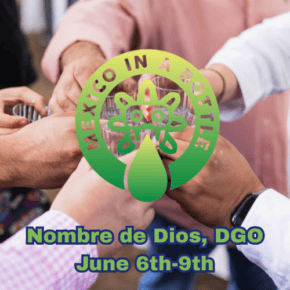
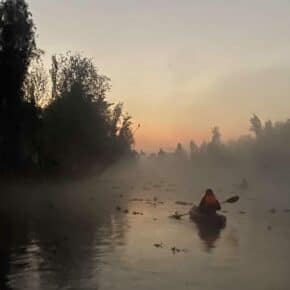
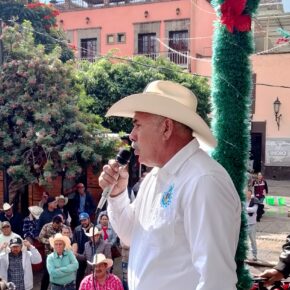
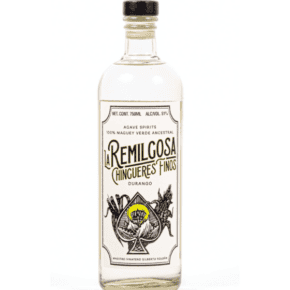
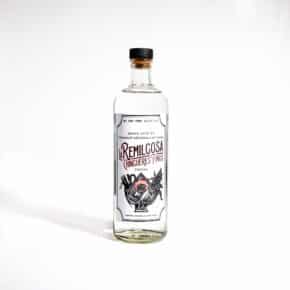
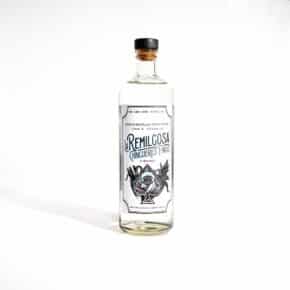


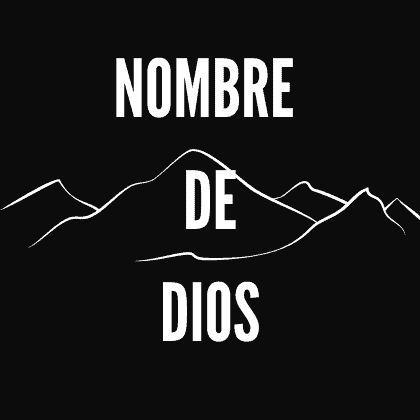



Leave a Comment